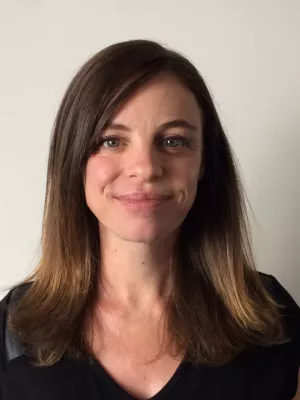
Sarah Anne Rennick
Affiliated Researcher

When Civil Society Sets the Social and Economic Agenda
Author
Summary, in English
Department/s
- Centre for Advanced Middle Eastern Studies (CMES)
Publishing year
2017
Language
English
Publication/Series
Civil Society and Public Policy Formation : Strategies from Morocco and Egypt
Links
Document type
Report chapter
Publisher
Arab Reform Initiative
Topic
- Political Science
Status
Published
ISBN/ISSN/Other
- ISBN: 979-10-93214-03-0

